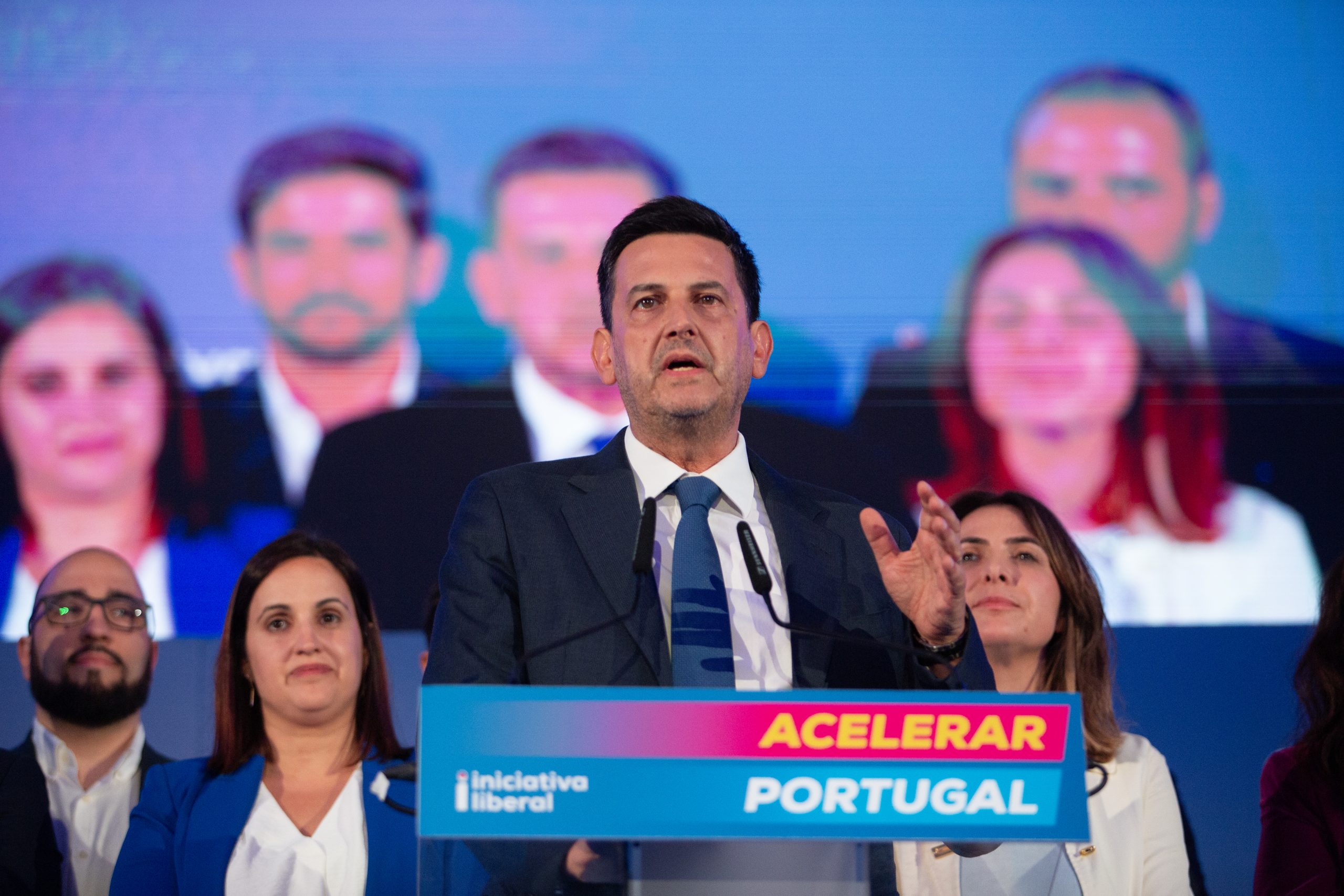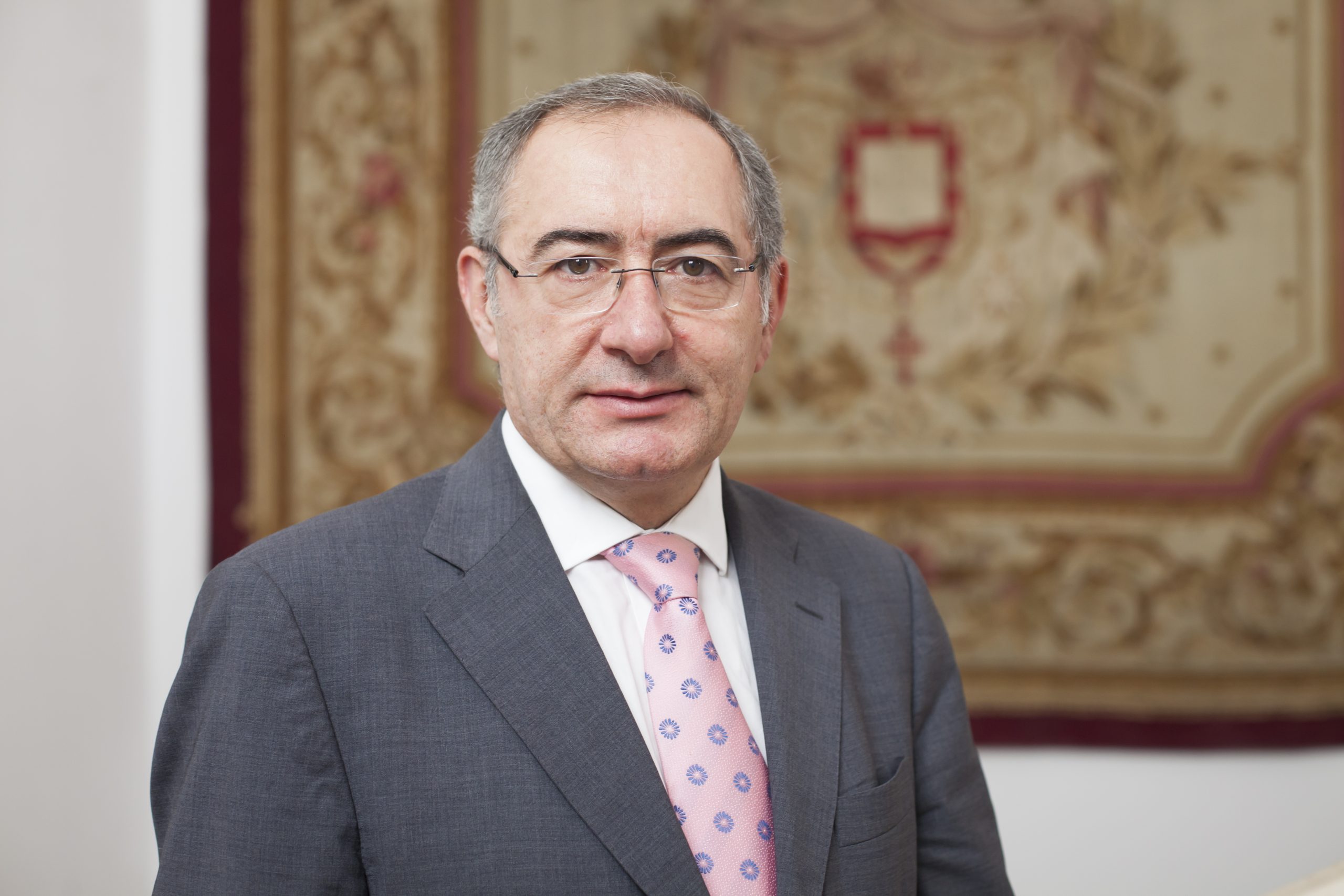The story is not repeated

THE slogan AD ‘Portugal’s campaign cannot stop’ clearly refers to the Cavaco Silva PSD campaign in 1987, which earned him an absolute majority. From the views Luís Montenegro thinks he can convince voters that his government was unjustly overthrown in Parliament, when he was having a lot of success in the renovation of his country. The truth, however, is that this narrative has no basis of facts and therefore will never lead to a result similar to what the Cavaco Silva PSD had in 1987. The story is not repeated, especially when there is nothing common between the two situations.
First, Cavaco Silva, between 1985 and 1987, led a highly reformist minority government, which was therefore in a permanent confrontation with Parliament, which systematically unfeasible the reforms that the country needed. That is why left parties led to confrontation to the point of presenting a motion of censorship to the government, trying to replace Cavaco to take advantage of the country’s good economic moment. Mário Soares chose, however, by dissolving Parliament leading to Cavaco PSD to obtain in the elections more than fifty percent of the votes and a huge parliamentary majority.
Luís Montenegro, on the contrary, never presented a relevant reform in Parliament, and was limited to continuing the disastrous policy of the governments of António Costa. This is how in housing was unable to extinguish the infamous deadly tax and to amend the lease law, which removes numerous owners of the market, contributing to permanently aggravate the housing crisis. The ambitious IRC reform was eventually reduced by agreement with the PS. In IRS taxation remains at stratospheric levels, and the government is limited to lowering the retention rate at the source, leading to taxpayers to now be surprised by a huge reduction in reimbursement or even tax payable. And despite the high taxes paid by taxpayers, public services continue to be trades, as shown by the obvious collapse of the National Health Service and the successive delays in more complex court proceedings.
In addition, the fall of the government in 1987 resulted from a motion of censorship of the PRD, whose justification no one understood. On the contrary, the fall of the government in 2025 results from a motion of confidence from the government itself, whose justification no one also understands. There is no reason why a Prime Minister’s family company determines the fall of a government, for many commissions of inquiry that the opposition wants to make about the situation.
And lastly, the 1987 elections determined an absolute majority of the PSD because the PRD evaporated, which was already clearly predictable if there were elections. On the contrary, by 2025 it arrives and the liberal initiative will not disappear, so an absolute majority of AD is completely unfeasible. And even there is a serious risk that the PS is first in legislative elections, as it was in the European, in which case the possibilities of having a right -wing government would be extremely difficult.
This is why the strategy of Luís Montenegro was completely wrong to provoke early elections. It is not worth it to come to reproduce the slogans From the Cavaco Silva PSD campaign of almost forty years, judging that this way can achieve the same electoral success. It is not Cavaco Silva who wants and, as Heraclitus said, no one can bathe twice in the same waters of the same river.






